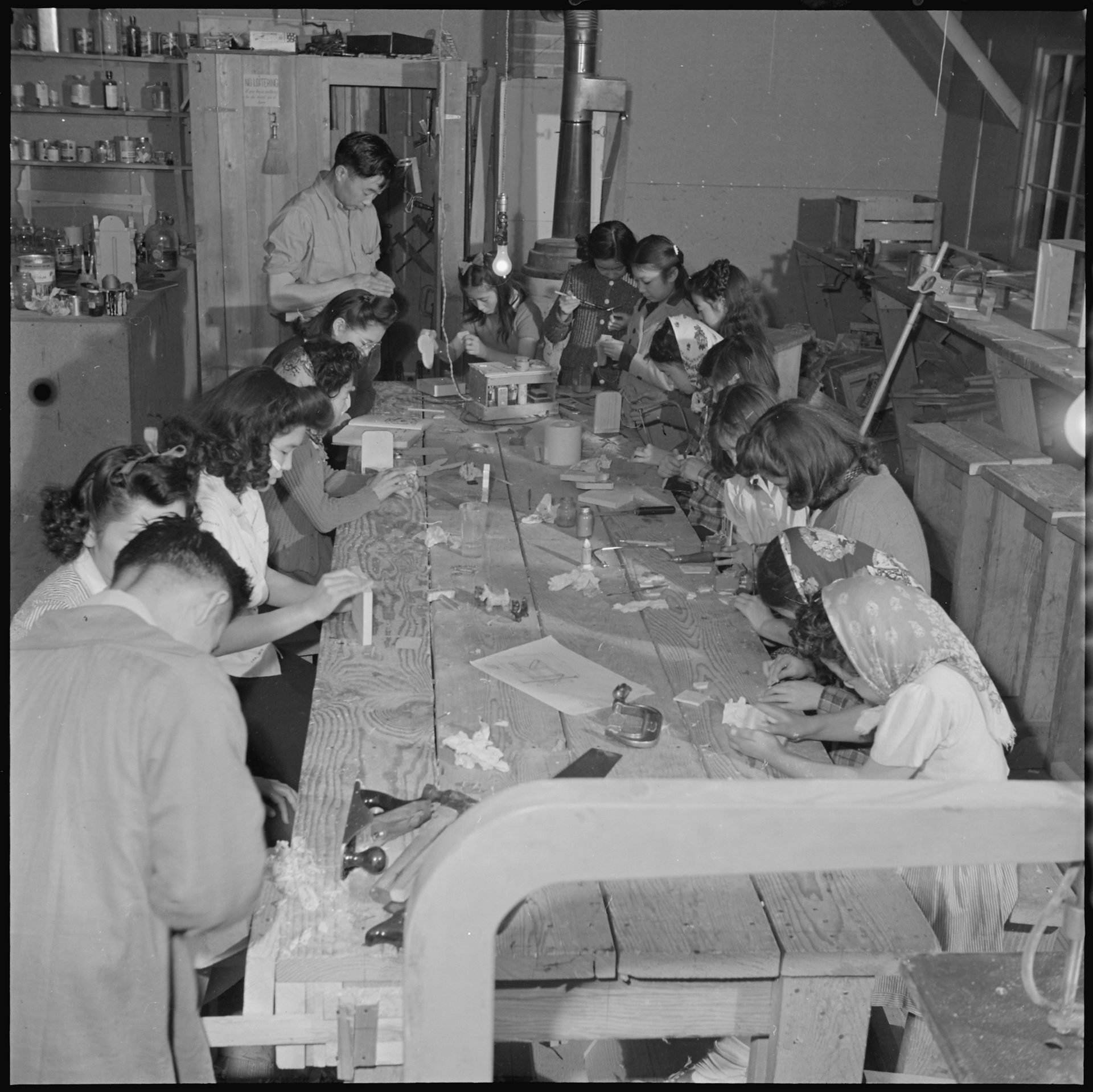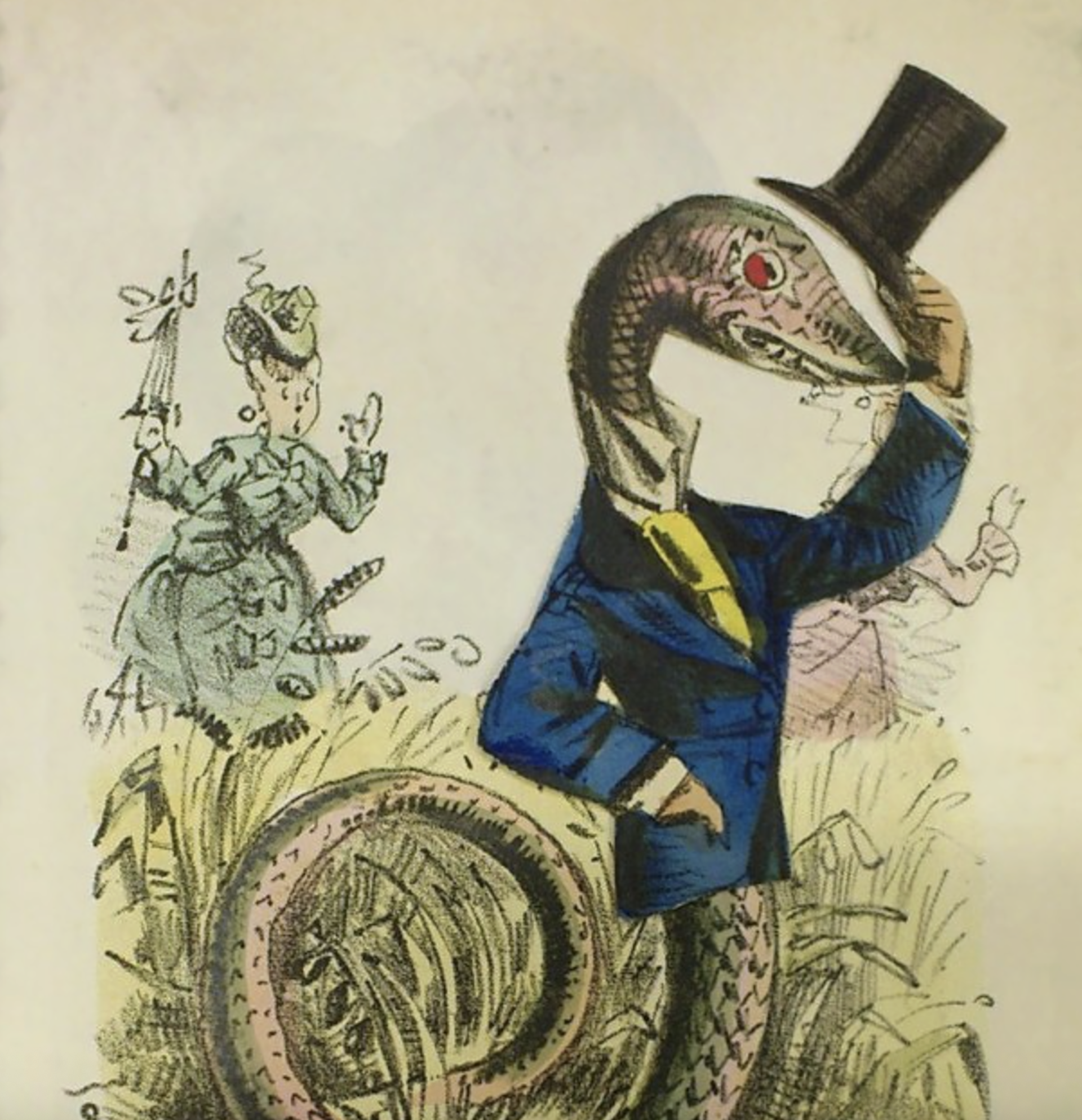Henry David Thoreau’s views of 19th-century media resonate today
Thoreau spent his life pursuing the 'hard bottom' of truth. But he confronted a sensationalist newspaper industry that, in many ways, mimicked today's media environment.

The world knows Henry David Thoreau as a writer whose perspectives on nature and society remain relevant today.
This summer, Thoreau would have turned 200 years old. What would he say about the media itself, now that Americans must navigate the turbulent waters of fake news and “alternative facts” to find some fabled island of truth?
The media landscape of the 1840s and 1850s was similar to the one we see today: pervasive, influential and sometimes questionable – in both taste and credibility.
The medium of choice was the newspaper, which was as ubiquitous – physically and in the American imagination – as the internet is today.
Writing in the 1840s, travel writer Alexander Mackay described the “extraordinary number” of newspapers that a traveler would encounter “On board the steamer and on the rail, in the countinghouse and the hotel, in the street and the private dwelling, in the crowded thoroughfare and in the remotest rural district.”
Thoreau, on the other hand, was more appalled than dazzled.
In fact, he loathed newspapers, denouncing them for a variety of offenses, including “servility” and outright baseness.
“I have heard the gurgling of the sewer through every column,” he wrote of one Boston paper.
At the heart of Thoreau’s dispute with journalism were questions that are still relevant today: What is the truth? Where and how do we find it?
Americans, then and now, often turn to journalism for one form of truth: factual accounts of current events. For that reason, we worry when we have reason to think, because of irresponsible journalists or their sources, that what we read has little basis in reality.
Thoreau would have sympathized. “Let us settle ourselves,” he wrote in “Walden,” “and work and wedge our feet downward through the mud and slush of opinion, and prejudice, and tradition, and delusion, and appearance, that alluvion which covers the globe…till we come to a hard bottom and rocks in place, which we can call reality…”
Still, Thoreau had a deeper concern, also timely. He worried that journalists and their readers, despite the facts at their disposal, were missing the truth. Instead of capturing and conveying deeper principles, they were reporting mundane details and happenings.

“If we read of one man robbed, or murdered, or killed by accident,” he wrote, “or one house burned, or one vessel wrecked, or one steamboat blown up, or one cow run over on the Western Railroad, or one mad dog killed, or one lot of grasshoppers in the winter – we never need read of another. One is enough.”
Add to this list the shenanigans of reality TV, the gossip of supermarket tabloids and the barrage of social media likes and tweets, and it’s easy to guess how Thoreau would react to the modern media.
For him, all of these facts constituted a different form of misinformation. They might be real, but they are not essential – in both senses of the word. They are not necessary, and they don’t capture the essence of the world, the deeper truths that really matter.
For these truths, Thoreau looked elsewhere: to the beans, to the sand and to the other hard realities he found in the woods.
He framed “Walden” as a kind of dispatch from nature, a more reliable source of the truth that lay beneath the superficial details of the ordinary world. He was, he said, “trying to hear what was in the wind, to hear and carry it express,” adding that “If it had concerned either of the political parties, depend upon it, it would have appeared in the Gazette with the earliest intelligence.” In short, because traditional newspapers were more interested in the trivial details of politics, Thoreau tasked himself with reporting truths through his own form of journalism. We call it “literature.”
What is truth? Where and how do we find it? A century and a half ago, Thoreau provided some promising leads. Facts, he believed, have their place – they were part of reality, after all – but facts alone do not constitute essential truth.
If we agree, it’s up to us to demand accurate reporting of the “news” that matters. We may find such news in newspapers, but we would be wise to seek it elsewhere, as well. Ears to the wind, eyes on our books, critical minds controlling them both, only then can we drain the flood of distortions and stand on the “hard bottom” of truth.
Mark Canada does not work for, consult, own shares in or receive funding from any company or organization that would benefit from this article, and has disclosed no relevant affiliations beyond the academic appointment above.
Read These Next
Held captive in their own country during World War II, Japanese Americans used nature to cope with t
Incarcerated in rough barracks surrounded by barbed wire and armed soldiers, Japanese Americans made…
Valentine’s Day cards too sugary sweet for you? Return to the 19th-century custom of the spicy ‘vine
Victorians found a way to anonymously tell people they didn’t like exactly how they felt.
Philadelphia was once a sweet spot for chocolatiers and other candymakers who made iconic treats for
Goldenberg’s Peanut Chews, Goobers and Whitman’s Sampler boxes of chocolates are just a few confectionary…






